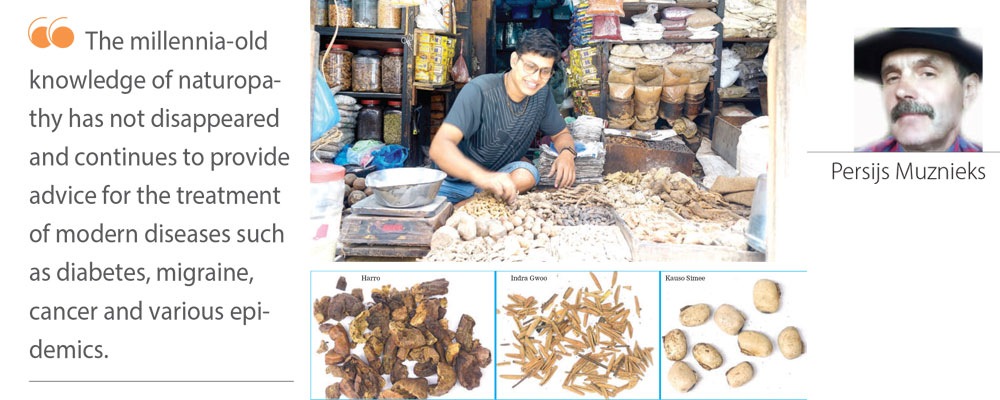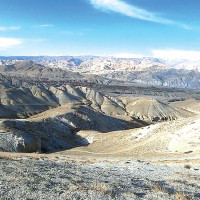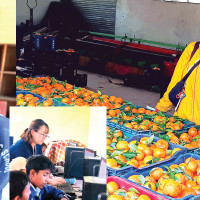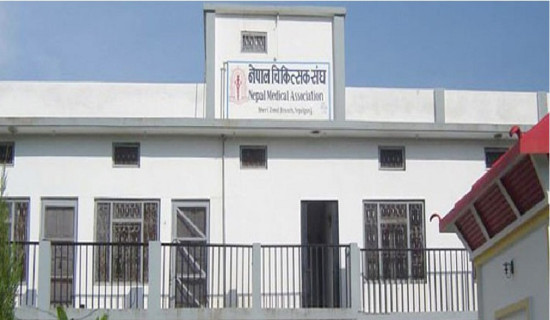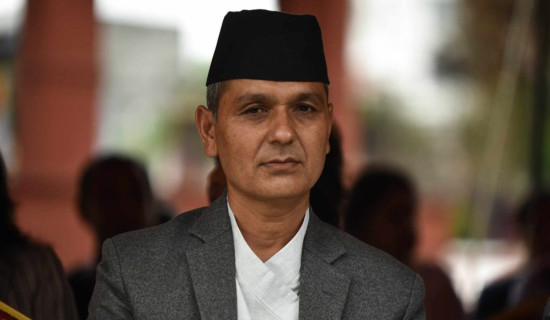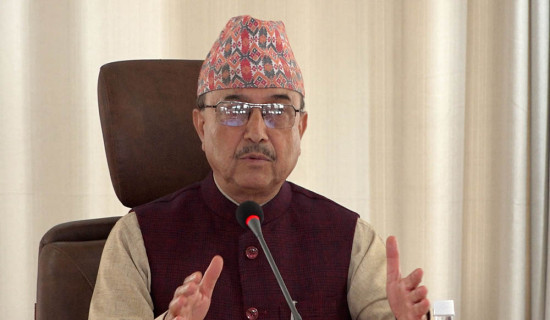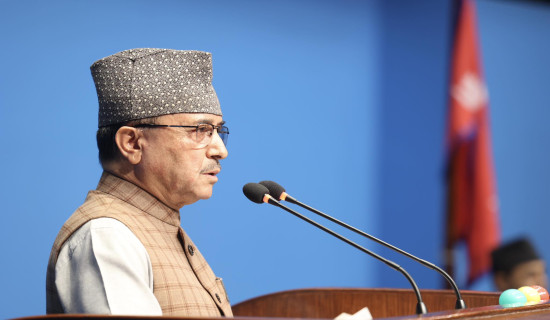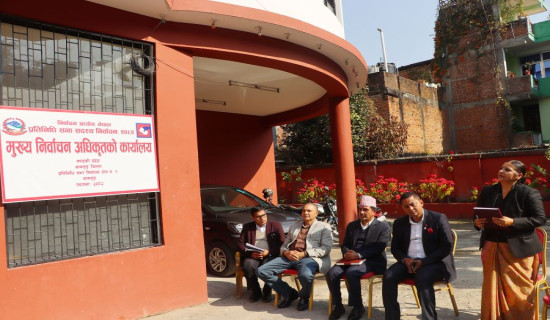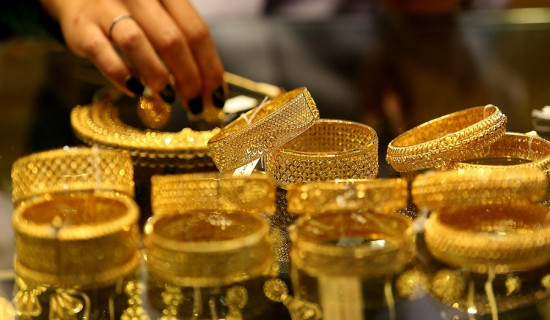- Friday, 16 January 2026
Forgotten Medicines Of Nepal
Persijs Muznieks
An old truth used to say only that doctor is good who can cure the disease without a scalpel. Continuing this thought, the human body is so strong that it can overcome any disease. These are words that bear historical evidence of thousands of years of Ayurvedic medicines.
It was in the days before electricity, when people gathered around an open fire or candlelight in the evening hours and decided how to help sick people. Due to various reasons, either financial or distance, it was not always possible to transport the patient to the hospital. Therefore, it was necessary to seek help on the spot.
In ancient times, the doctor was usually referred to as a shaman or a magical person, who knew all the villagers and all their ailments. Already prematurely, the doctor prepared the medicine-- potions, ointments, compresses, according to the needs of each patient.
He was well acquainted with the plant kingdom and the properties of medicinal plants intended for the treatment of certain diseases. Although in those days, most people had to deal with diseases of a traumatic nature, the village doctor successfully treated ailments of the cardiovascular, respiratory, digestive organs as well as nervous system, psychiatric and oncological diseases.
The main duty of the doctor was to instill faith in the patient that he could cope with the disease himself. Medicines are only an enabler to combat it. This is the foundation of Ayurvedic knowledge.
The millennia-old knowledge of naturopathy has not disappeared and continues to provide advice for the treatment of modern diseases such as diabetes, migraine, cancer and various epidemics.
Not far from the Chhetrapati Centre, in a small side street, the architecture of whose houses is reminiscent of ancient Nepal, there is a settlement at the old part of Kathmandu with small, completely unattractive wooden houses, Baidya Pasa. Its small dimensions are suitable for the Nepali stature, where one can only sit in the lotus position.
I was armed with the idea of meeting the medicine seller at a respectable age. However, my interest was diverted by the complete opposite when I saw a young man named Anoj in one of the pasals (shops), deftly weighing the requested item.
I did not expect to get the necessary knowledge from the young man. However, I was forced to change my mind when, after exchanging a few words, I found out that the mentioned person is already the fourth generation in this store.
His great-great-grandfather was the first to open an Ayurvedic shop in the area. At that time, the knowledge he accumulated was extremely useful to everyone who was looking for help. Raw materials supply routes from the Himalayan mountain regions and India were also opened. Permanent product delivery routes had already been developed under his care.
It is almost unbelievable that more than 800 items were stored in this unattractive wooden building -- a whole homeopathic pharmacy. I watched Anoj how deftly he navigated the new world of naturopathy.
At the request of buyers, he quickly found the necessary product, and not only that, it was followed by an instruction manual. Everything could be found here -- from first aid for dog bites to medicine -- especially for men, the so-called organic Viagra.
For hair care, vision improvement. Amal powder, rich in vitamin C, for insomnia. White, pink and black Himalayan crystal salt, for internal and external use. Whole shelves with various powders, tree barks, sandalwood, dried fruits, plants, and of course a wide range of incenses intended for both puja and medicine, as well as maintaining the aroma in rooms.
How did you learn all this, I asked Anoj.
He remembered the years of study with good teachers, for which he was proud of obtaining diploma in Ayurvedic knowledge. I did not find any contradictions in his work, because customers were constantly standing in line at the store, which indicated Anoj Shakya’s honest and responsible work.
I asked if the next generation will continue to run the store after him? Unfortunately, I will be the last one here, as my brothers are pursuing other paths of interest, he said.
I had to hear a very sad story...
Thanking me for the interview, Anoj offered some very popular herbal recipes for publication. There is no need to be afraid of their overdose. They will not cause side effects, he added.
(Persijs, a press photographer from Finland, is studying culture and costumes of Nepal.)
How did you feel after reading this news?

